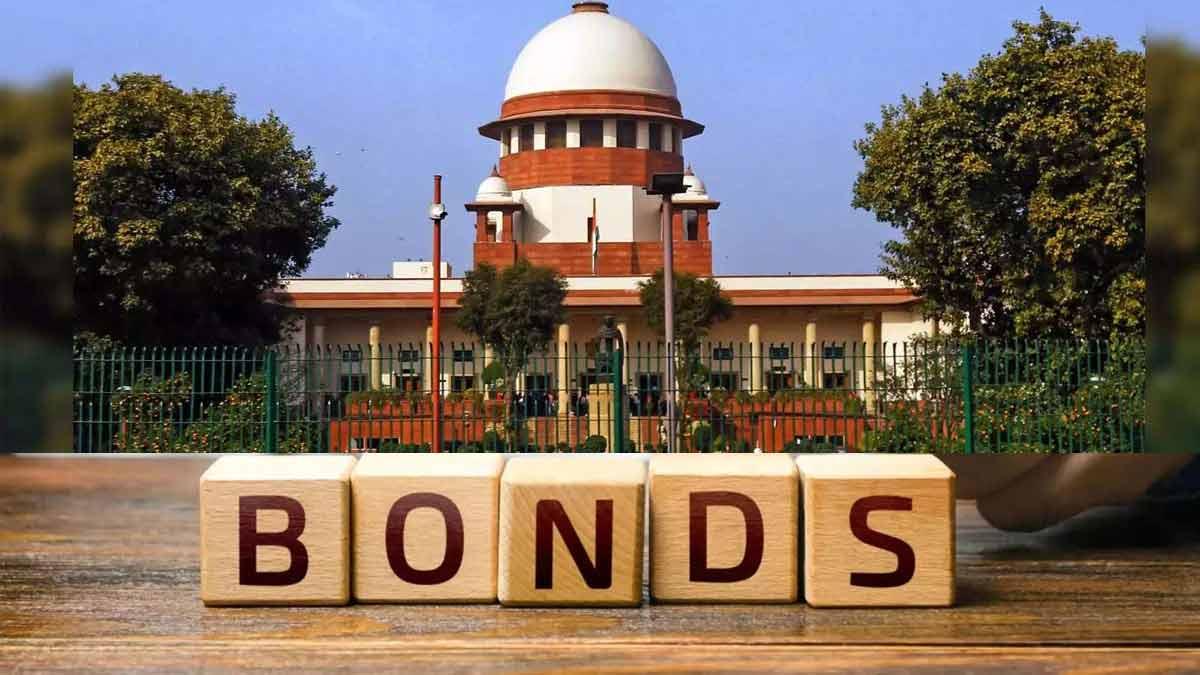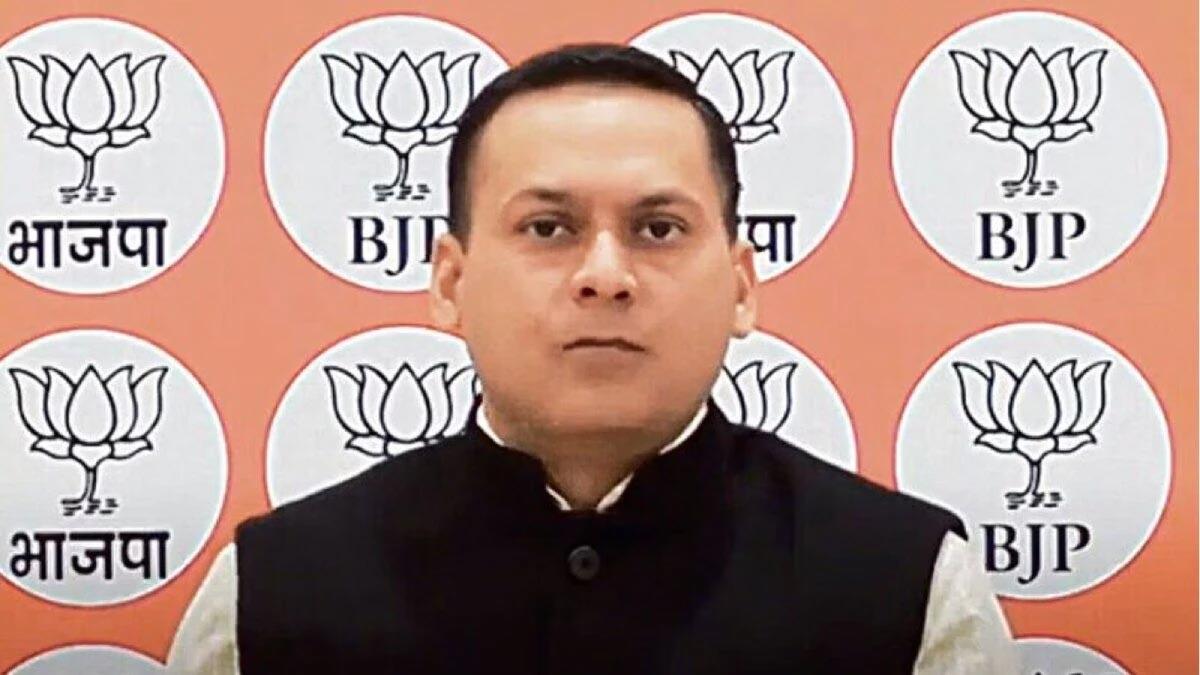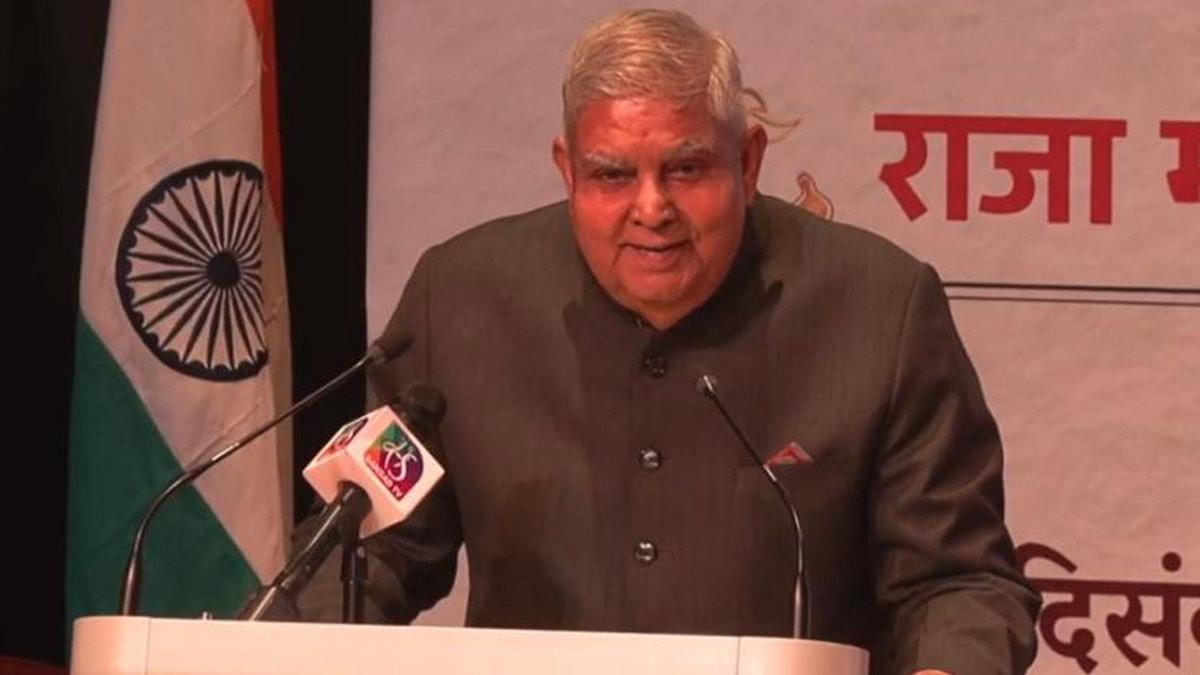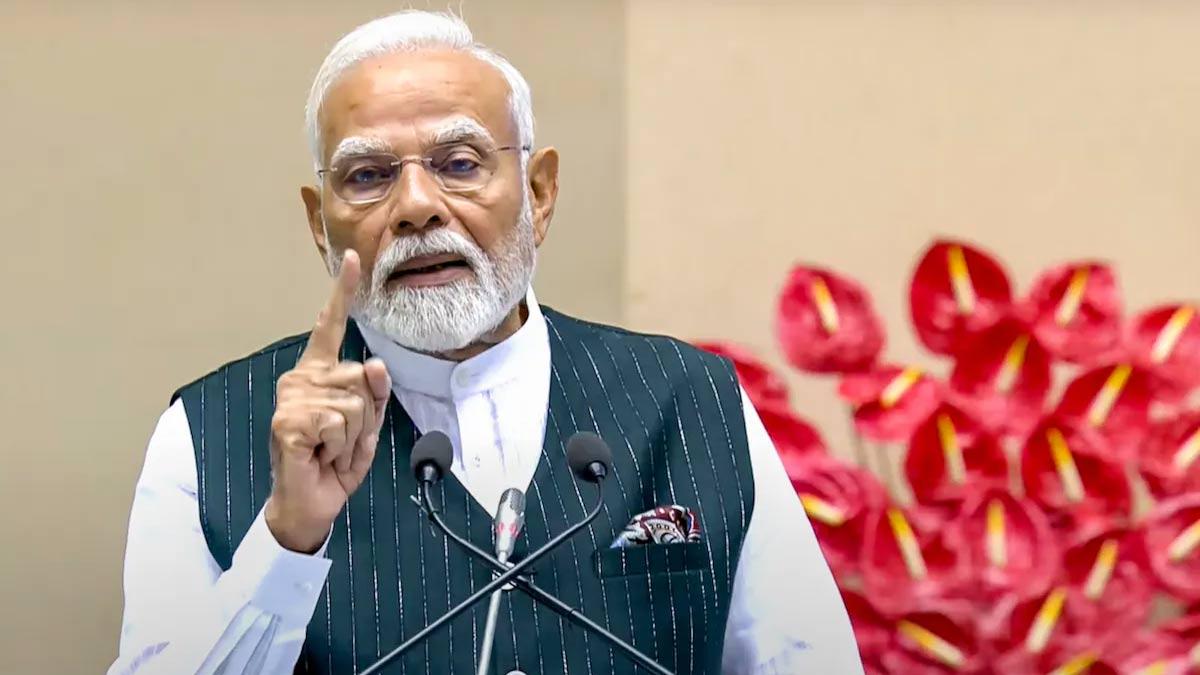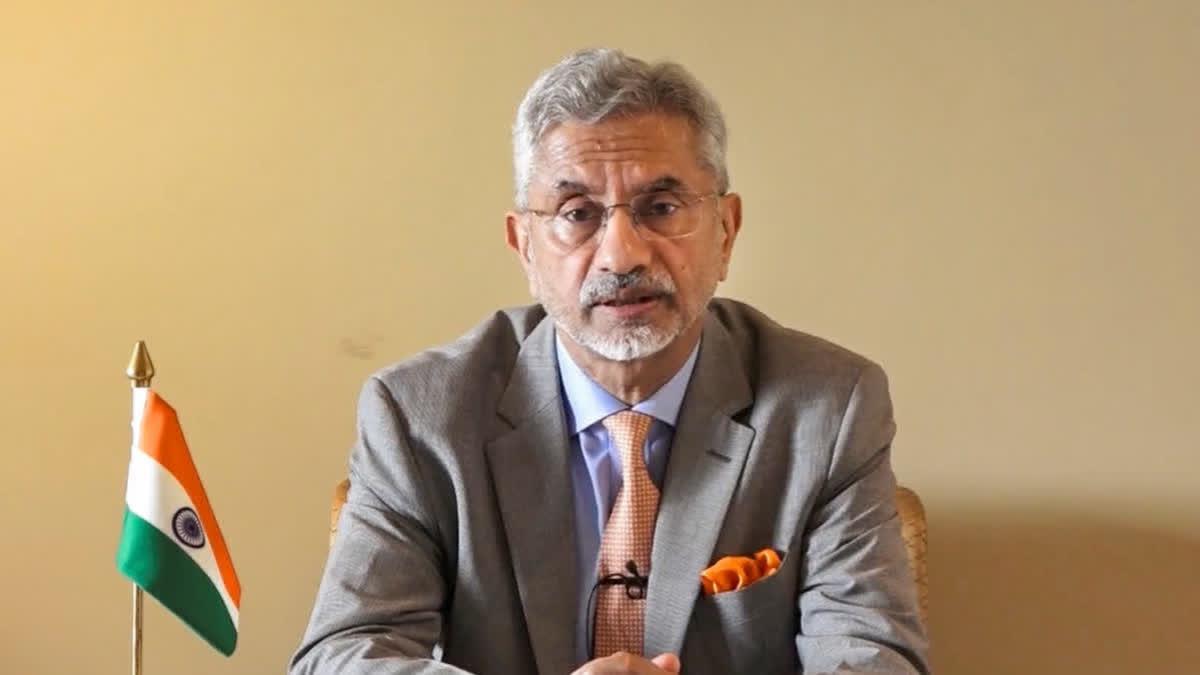The Supreme Court on Thursday invalidated the electoral bonds scheme, deeming it a violation of constitutional rights to freedom of speech and expression, as well as the right to information. Electoral bonds, introduced in the Union Budget 2017-18, are essentially financial instruments for political donations. These bearer bonds, issued in various denominations, allow individuals and domestic companies to donate anonymously to political parties of their choice. However, the lack of transparency in revealing donors' identities has been criticized by activists, with concerns raised about the scheme's impact on citizens' right to know. While there's no limit on purchasing bonds, unencashed bonds are to be deposited to the Prime Minister’s National Relief Fund. The Association for Democratic Reforms highlighted the absence of donor disclosure in political parties' annual reports to the Election Commission, emphasizing the need for transparency in political funding.
Electoral Bonds | 10 Facts to Know
1. The Supreme Court has ruled that the electoral bonds scheme for political funding is unconstitutional, citing violations of the rights to freedom of speech and expression, as well as the right to information.
2. Electoral bonds are financial instruments introduced in the Union Budget 2017-18 for making donations to political parties.
3. These bonds are issued as bearer instruments, meaning they do not carry the name of the buyer or payee, providing anonymity to donors.
4. Citizens of India and domestic companies can purchase these bonds in various denominations and donate them to political parties of their choice.
5. Political parties must redeem the bonds within 15 days of receipt, and individuals can purchase them singly or jointly with others.
6. There is no limit on the number of electoral bonds a person or corporate entity can purchase.
7. Unused bonds after the 15-day validity period are deposited to the Prime Minister’s National Relief Fund.
8. Critics argue that the scheme lacks transparency, as political parties are not required to disclose the names and addresses of donors in their contribution reports filed with the Election Commission.
9. Activists argue that the lack of transparency infringes upon citizens' fundamental right to know.
10. Despite the anonymity provided to donors, the government can access donor details through the State Bank of India, raising concerns about privacy and transparency.
Read Also | Supreme Court Strikes Down Electoral Bonds Scheme, Declares it Unconstitutional

